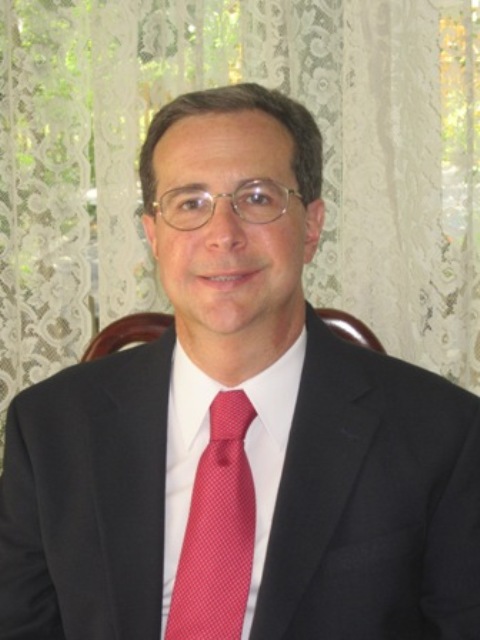Open-Ended Questions
Those who know me well know I ask a lot of questions. I don’t remember if I always did, but certainly since I first started my coaching studies in 2008-2009, and I have moved forward with my life, it is something that has become a part of me. A few years into my coaching study I had the opportunity to hear a presentation from a coach named Peter Demarest on the discipline of Axiogenics, which is the science of values. We all have values. They are our moral compass and keep us true to ourselves. Other times they may be questioned, sometimes by ourselves but often by others. I want to share a tip that Peter taught me, that I feel is very relevant, especially given the way of the world 2021.
Peter taught me that one of the best ways to get to the heart of someone’s values, (whether they be another person’s or even our own), is to ask open-ended questions, to get the individual out of their own head, and have a chance to express themselves. Open-ended questions are ones that cannot just be answered with a short “Yes” or “No” answer. Instead, they invite the person being asked the question to expound on their views and thought process. Such questions begin with words such as “What,” “When,” “Where,” “Who” and “How.” They give the person being asked the question the ability to possess a feeling that their viewpoint is valued. Often it may allow for discovery on the part of the person answering the question.
For example, they may say, that they had truly not thought about that perspective, but they believe that it comes from some past experiences in their life. Or they may say actually say “saying it out loud,” as opposed to just thinking about it in their head, has helped them to gain clarity.
We live in a world of “constant noise.” It appears everyone has an opinion they not only want to share with us, but don’t care how loud, strongly or belligerent they make it. That opinion can be in writing, verbally expressed, come to us in news sound bites, on radio talk shows, etc. Some of what we listen to may support our own views. At other times it works to get us upset, even when we are not directly involved in the discussion. What Peter Demarest taught me long ago, has another use of which I had not given much thought until recently? What is it that one truly believes in, and what is the basis for those beliefs?
When you may find that the “forces of noise” around you are getting too much to bear, consider doing some of the following steps:
- Tune out the communication that has you getting upset. If audio or visual media-based, either turn off the communication or possibly switch to another station. I for example have found that I look to stay away from talk radio of any genre, and just listen to music that appeals to me.
- If the communication is in the form of writing, internet articles are a great source of this. In fact, I feel they have taken the place of the magazines that are in the supermarket lines as a source of “pure trash,” in terms of reading material. Either put down the article or perhaps no longer read that publication.
- Sometimes it may come from those around you. If possible, find others with whom to converse. If you are at a large gathering, either move to another part of a room, or another room in the house. When you find yourself trapped, sometimes with a relative or family member living with you, indicate that you just are not going to listen at that time, or that you will wait until they are in a calmer mood to share what they are expressing. Or, possibly, and this may take some mind to master, listen and don’t look to “solve their problem” but focus on acknowledging and validating their right to be upset.
However, most of all, perhaps find some quiet time for yourself? Ask yourself the “open-ended questions” that drive your values. The What’s, the Who’s, the Where’s, the When’s and the How’s. If some “Why” questions slip into your mind, don’t be your own worst enemy and pre-judge yourself for feeling the way you do, but instead perhaps ask yourself “Where does that belief set come into my life for me?” I know when I really focus on it, I find that some of the most steadfast beliefs of how I live my life come from early childhood experiences, or observations of ways that my Dad or Mom did things that made sense to me then, and still make sense to me now.
Open-ended questions! They are our “get out of jail card” for getting to the heart of our values and beliefs and help to comfort us in the way we choose to live our lives.
